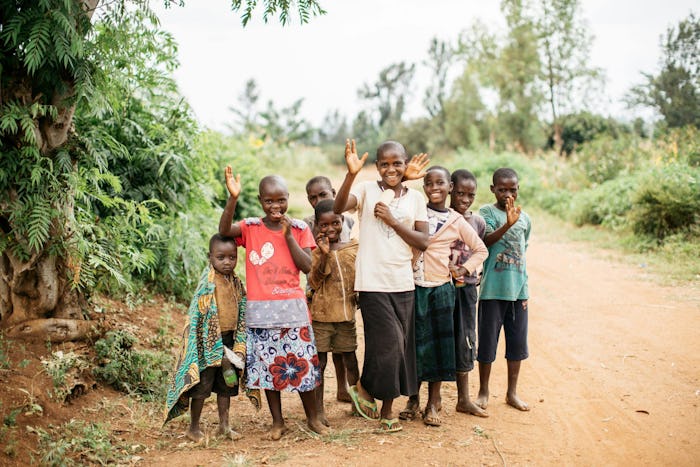You are making a difference in Burundi!
A glimpse of what your sponsored child’s life is like in Burundi:
HOME LIFE
- Each family usually lives in a small house grouped with others like it to create extended family compounds.
- Burundians have traditionally built their home, called a “rugo,” with grass and mud. Today, wood and cement are also commonly used.
- Meals generally include beans, corn, peas, millet, sorghum, cassava, sweet potatoes, and bananas.
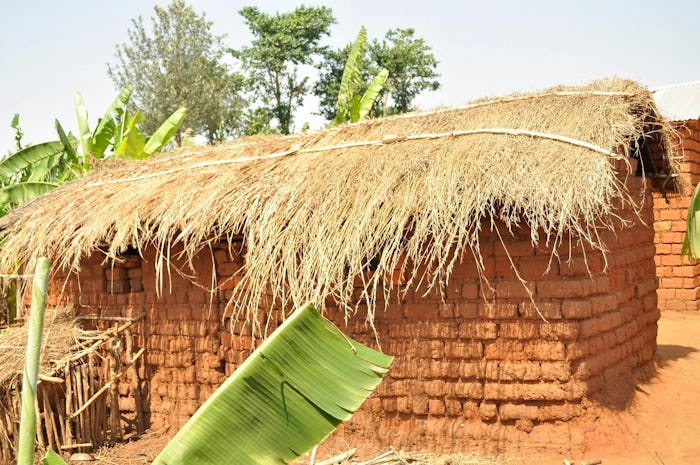
SCHOOL AND EDUCATION
- Government instability and a teacher shortage have impacted the availability of schools, and many children no longer receive formal education.
- Children learn a cultural work ethic at home from an early age, as their parents teach them family values and to treat elders with respect.
- Traditionally, boys have been given extensive training in arts like public speaking, storytelling, dancing, and military skills. There has been little education for girls.
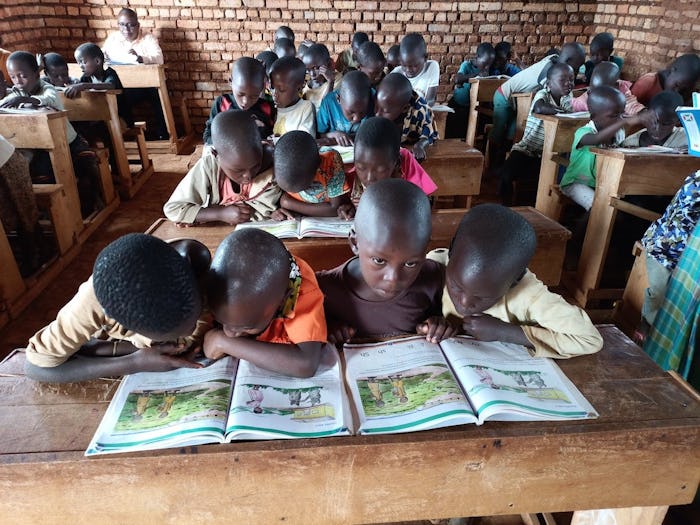
BURUNDIAN CULTURE
- A strong oral tradition of stories, legends, fables, poems, riddles, and songs is used to pass down history and culture to successive generations.
- Burundians value artistic expression, producing items that are both functional and decorative. Women weave baskets decorated with elaborate patterns that nevertheless serve a variety of utilitarian purposes – ranging from water canisters to food storage vessels.
- Music in Burundi features the inanga, a stringed instrument, and drums – like the karyenda – which keep rhythm central to both folk songs and pop music.
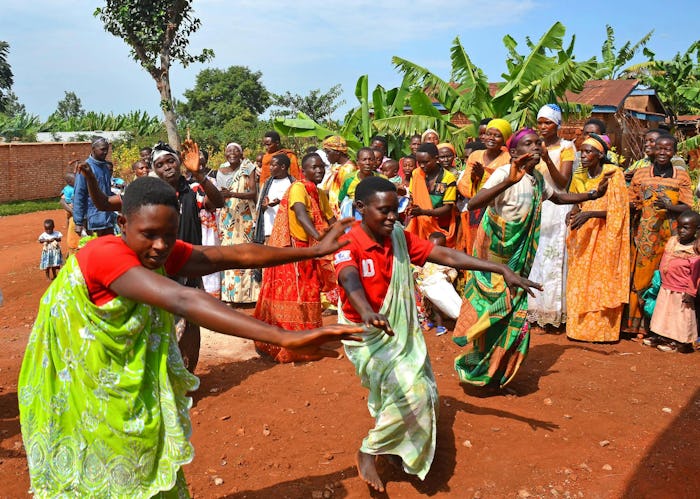
COUNTRY INFO
Burundi is a landlocked country in the African Great Lakes region of East Africa. It is bordered by Rwanda to the north, Tanzania to the east and south, and the Democratic Republic of the Congo to the west. The country lies on a rolling plateau in the center of Africa.
- Capital City: Bujumbura
- Population: 11,466,756
- Language: Kirundi, French, and Swahili

FH IN BURUNDI
In 2006, Food for the Hungry (FH) began working in Burundi through agriculture, food, and medical supply distributions. Today, FH’s work in Burundi emphasizes child-focused community development and relief programs for refugees and returnees.
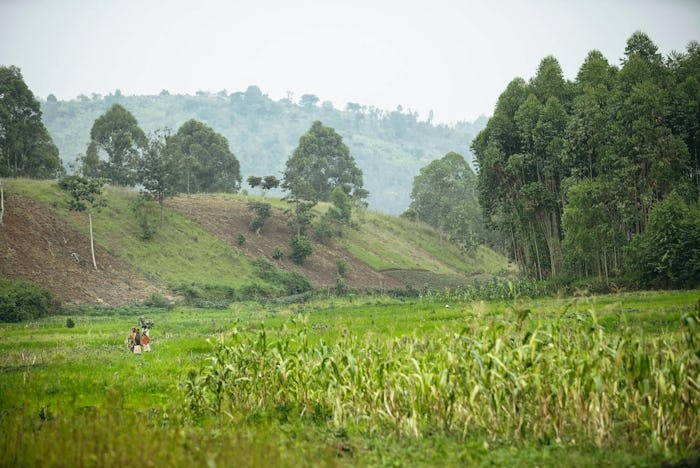
AS A CHILD SPONSOR:
- You are improving livelihoods and increasing household income in Burundi through agricultural training, including improved crop and animal production, livestock distribution, and off-farm economic activities.
- You are decreasing child malnutrition by providing deworming medicine to children through a partnership with Burundi’s Ministry of Health.
- You are improving education opportunities for children through the construction of classrooms, latrines, and by providing school materials, such as tuition fees, desks, textbooks, and teaching materials.
